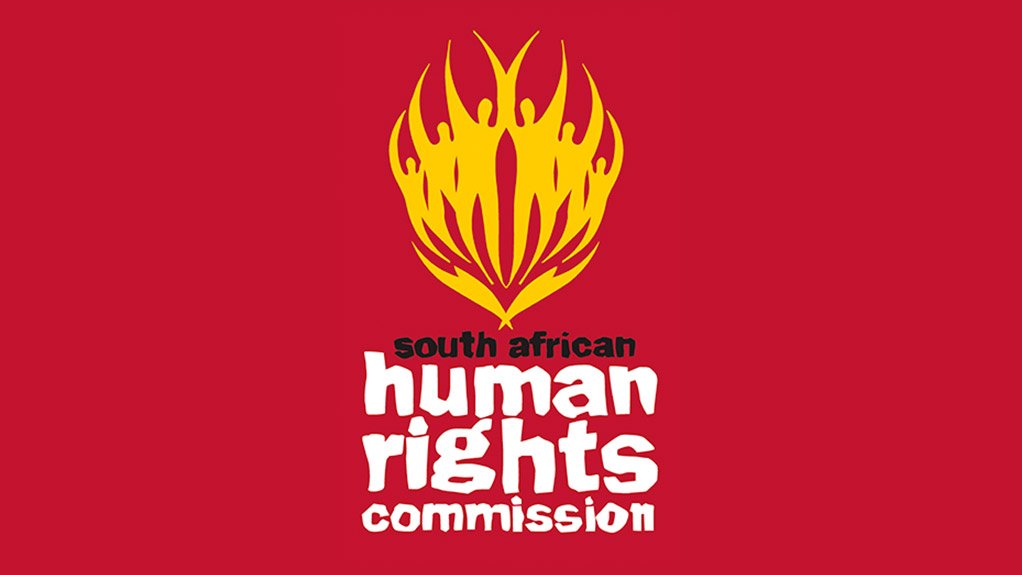South African Human Rights Commission (SAHRC) chairperson Bongani Majola on Friday explained that the coronavirus (Covid-19) pandemic presented new challenges and brought to light inequality in access to socioeconomic rights and other basic rights.
He was speaking during a webinar to mark the twenty-fifth anniversary of the Constitution being signed into law and International Human Rights Day.
The SAHRC said the Covid-19 pandemic still remained a global issue of concern, highlighting numerous human rights concerns relating to public health, freedom and security of persons, and socioeconomic inequalities.
The Commission has heard allegations of violations of the right to equality, freedom of movement and failure to protect the right of freedom and security of the person.
He said unfair discrimination has remained persistent with equality-related complaints received by the SAHRC, constituting the highest non-verbal complaints received for a single right.
Majola said race remains a serious societal faultline in the country, noting that South Africa remains one of the most unequal countries in the world.
He went on to say of equality-related complaints, the majority are based on the grounds of race.
The Commission added that the socioeconomic inequalities within South Africa as well as a failure to provide basic service delivery for the realisation of these socioeconomic rights was in turn alleged to have created the conditions for the large-scale unrest which led to a massive loss of life, economic loss and exacerbated an already dire situation in July in Gauteng and KwaZulu-Natal.
“A lot of progress has been achieved in the 25 years to protect and promote human rights under the present Constitution. Over the 25 years numerous oppressive laws have been found to be invalid and unconstitutional,” said Majola, adding that this had led to a more progressive country than the one inherited from the apartheid era.
He said since then, new equality-focused laws and policies had been developed and passed including on promotion of equality and fighting unfair discrimination.
EQUALITY LAW
Former Constitutional Court Justice Albie Sachs said equality law is not about treating everybody alike in similar circumstances, but rather it is about people being accepted for who they are, explaining that for many people being who they are means they are treated in a discriminatory way.
“So very early on we decided we'd look at the impact of the laws, systematic forms of exclusion and marginalisation. We looked not only at the intent of the laws and the practices, but the way in which they affect people’s lives, and we tried to secure fundamental respect for the purity of everybody in a very diverse society,” he recalled.
He said they were asked to go behold just dealing with human dignity.
EMAIL THIS ARTICLE SAVE THIS ARTICLE ARTICLE ENQUIRY
To subscribe email subscriptions@creamermedia.co.za or click here
To advertise email advertising@creamermedia.co.za or click here











